Organic products have become the purposeful choice of many consumers who opt for a long and rewarding life. This has given a major boost to organic farming. Production of organic food avoids the use of pesticides, antibiotics and fertilizers. Plants are grown on soils free of chemicals, and 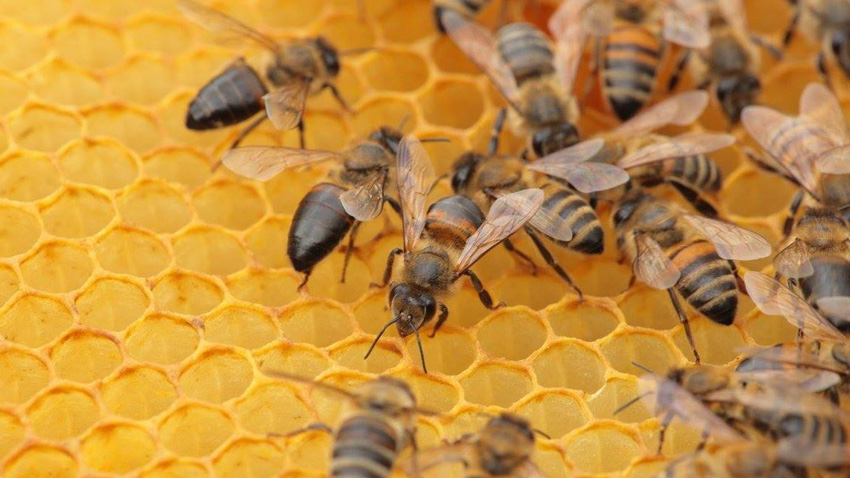 animals consume clean fodder. Besides organic food products go with certificates under European law and are controlled by licensed authorities. Bulgaria's organic farming started in 2001 when the first regulations took effect for this kind of production. Today the country has six thousand licensed farms, processing enterprisers and dealers. In the view of Stoilko Apostolov, CEO of Bioselena Foundation, this shows a good rate of development of a sector that has a bright future.
animals consume clean fodder. Besides organic food products go with certificates under European law and are controlled by licensed authorities. Bulgaria's organic farming started in 2001 when the first regulations took effect for this kind of production. Today the country has six thousand licensed farms, processing enterprisers and dealers. In the view of Stoilko Apostolov, CEO of Bioselena Foundation, this shows a good rate of development of a sector that has a bright future.
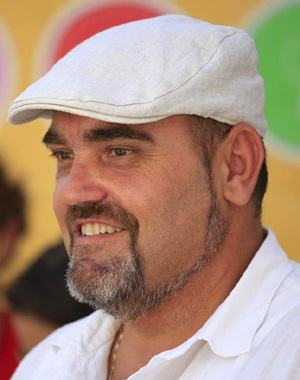 “Certified plots with grain crops top the list with a total area of 118,000 ha. There are many plots with perennial crops, like walnuts for instance due to higher subsidies and relatively small investments. Berry growing has grown rapidly, mostly for exports. A Bulgarian company is the biggest greenhouse vegetables' grower in Europe. The country also produces huge quantities of organic honey. The number of certified animals is also on the rise - two years ago we had only 18 animal farms but today demand for organic eggs and dairy products has grown steadily. For the time being we do not have local organic meat.”
“Certified plots with grain crops top the list with a total area of 118,000 ha. There are many plots with perennial crops, like walnuts for instance due to higher subsidies and relatively small investments. Berry growing has grown rapidly, mostly for exports. A Bulgarian company is the biggest greenhouse vegetables' grower in Europe. The country also produces huge quantities of organic honey. The number of certified animals is also on the rise - two years ago we had only 18 animal farms but today demand for organic eggs and dairy products has grown steadily. For the time being we do not have local organic meat.”
Just like in any emerging sector, organic food producers have a few problems to deal with. Fortunately, they are encouraged with good subsidies by the Rural Development Programme.
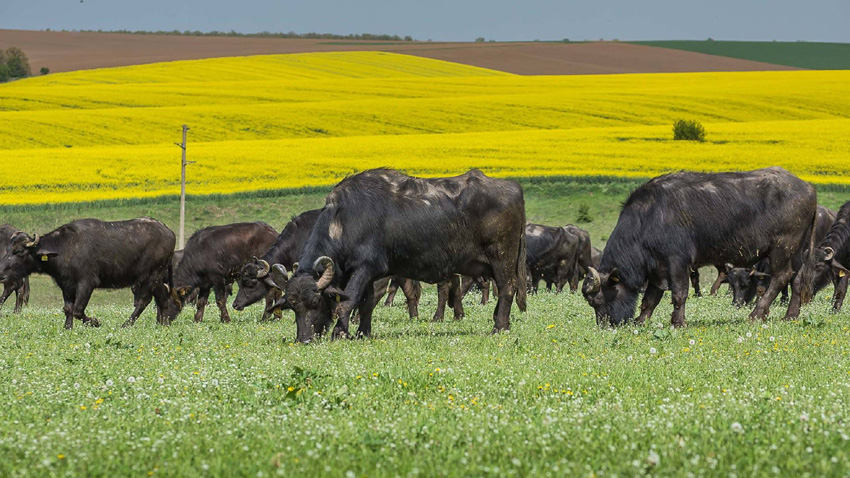
“Problems occur when someone opts for organic farming for the subsidies alone”, says Stoilko Apostolov. “Many farmers think that when they stop using artificial fertilizers and other chemicals they automatically go on the organic side. This is precisely where disenchantment comes, as yields fall drastically, and pests become rife. For the oil yielding rose for instance, the first two years are critical. There is however a very good plan for transition to organic farming, so that people are aware of what they should expect. If we take Sweden, the yields of organic wheat there have almost equaled ordinary wheat yields. So, there is a way for organic farmers to have high yields and profits.”
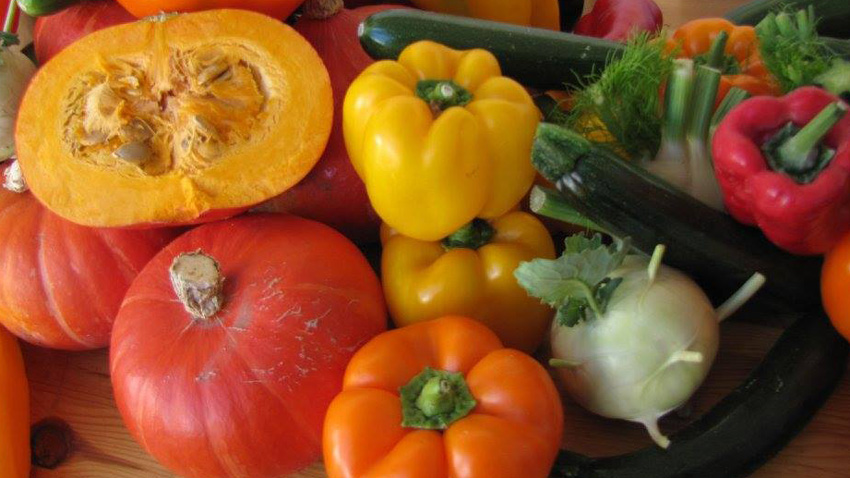 In the context of the veritable avalanche of poor quality and even poisonous foods a few people go into extremes and become slaves of modern mythologies.
In the context of the veritable avalanche of poor quality and even poisonous foods a few people go into extremes and become slaves of modern mythologies.
“Unfortunately, we can see the two extremes available in food stores and restaurants”, Stoilko Apostolov explains. “Only few products are somewhere in between. There are either very cheap and low quality food products or high-quality, almost deluxe ones. This situation in fact mirrors the makeup of Bulgarian society - it has no middle class with medium incomes. This way food producers and retailers try to adapt to demand and to average incomes. Well, one thing is certain and it is that cheap foods are by rule of poor quality.”
Abusing the term “organic” has declined, because there is stringent control, Stoilko Apostolovsays further and recalls the time when he bought 50 products with misleading labeling for just two hours.
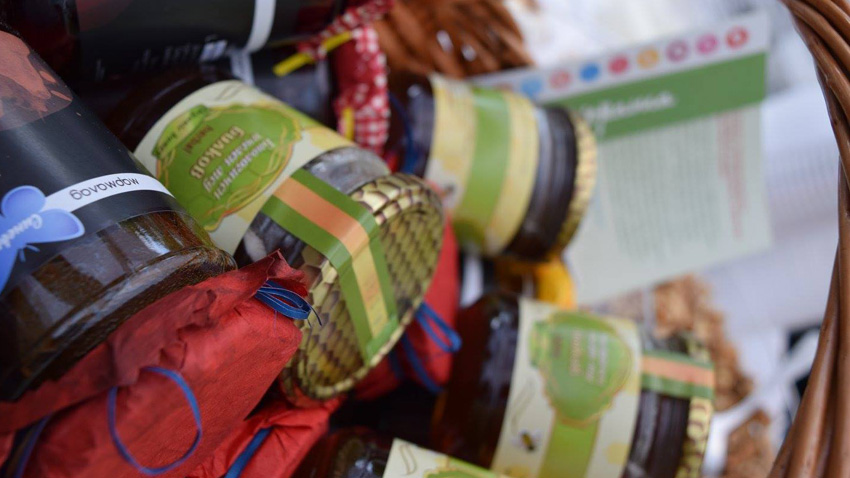
“I see the good food of the future consisting of organic products plus some treats, of course, like foie grasor some excellent wine that should not necessarily be organic”, he concludes. “And this is not a dream, but a trend that will become common reality in 20 years from now.”
English Daniela Konstantinova
Photos: Bioselena FoundationThe 147th anniversary of the liberation of Sofia from Ottoman rule was celebrated with a historical re-enactment in the capital's North Park. "The re-enactment recreates the three battles of the villages of Sarantsi, Dolni Bogrov and Vrazhdebna and..
The Sofia Zoo proudly announced a record number of animals born in 2024. "Our wolf pack grew by nine wolf pups. We welcomed a baby zebra, kudu antelopes and several giraffe calves. We also had additions from the primates, the Asian small-clawed..
In 2024, Bulgarians actively used the Google search engine to get informed about topics reflecting what was happening in the world and in this country. Bulgarian athletes once again proved that they can inspire and arouse national pride. That is why..
On 25 January 1935, Tsar Boris III signed the decree establishing the Bulgarian National Radio. The document, which officially marked the beginning of..
The Federation of European Carnival Cities has declared Pernik a global center of masquerade traditions. 16 years ago, Prenik was named the European..

+359 2 9336 661
